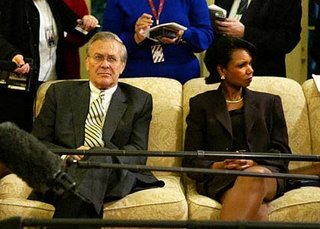Rethinking Audience

I’m in the process of re-working my Internet ENG W233 classes, which essentially teach the process of researching and writing an argument. In the past we’ve spent the whole semester on one paper, with many small benchmarks in between, and the course has been heavily WebCT based.
The upside of my approach has been that students stick with one project with many well-integrated components. And for me, pushing everything through WebCT, keeps the organization of the class tight and administration to a minimum. The later point makes for fairly easy and equitable assessment on my part.
The drawbacks, besides being obviously a little anal retentive in nature, include a certain element of boredom that can set in, a sense of isolation that can develop, and an awful lot of weekly assignments for me to grade. And with WebCT being a closed system, there are audience issues as well – are my students getting a good sense of who their readers should be for these kinds of papers?
After attending an IHETS workshop on blogs and wikis at the University of Indianapolis, the merits of a more flexible system easily include the self publishing features of these open-source technologies as well as the possibilities of more peer dialog. These technologies are very image oriented, to the possibilities of talking about visual rhetorics and visual arguments are also appealing.
Also appealing, to use passive voice here, is the opportunity to help students more clearly visualize the concept of audience. I’m thinking of accomplishing this by letting them “argue” on a class blog. Perhaps I could give weekly prompts, and then let them go at it. They could respond to the prompt and then respond to several of their peers. This, I know, is not much different that the discussion feature in WebCT, but a blog provides a more visual environment and hence might go a little further towards creating a classroom community.
The most compelling merit of this approach, however, is that students will be writing for each other, instead of just for me, as the more structured and formal environment of WebCT tends to cause students to visualize the omniscient professor represented by the WebCT interface. I could still have the formal benchmark assignments go to WebCt, for administrative purposes, but the weekly thought provoking and research practice assignments could become more of a peer to peer dialog with a blog.
That, at least is my hope. Check back here in September to see how I did!
 This week, just for example, we have political
This week, just for example, we have political 


